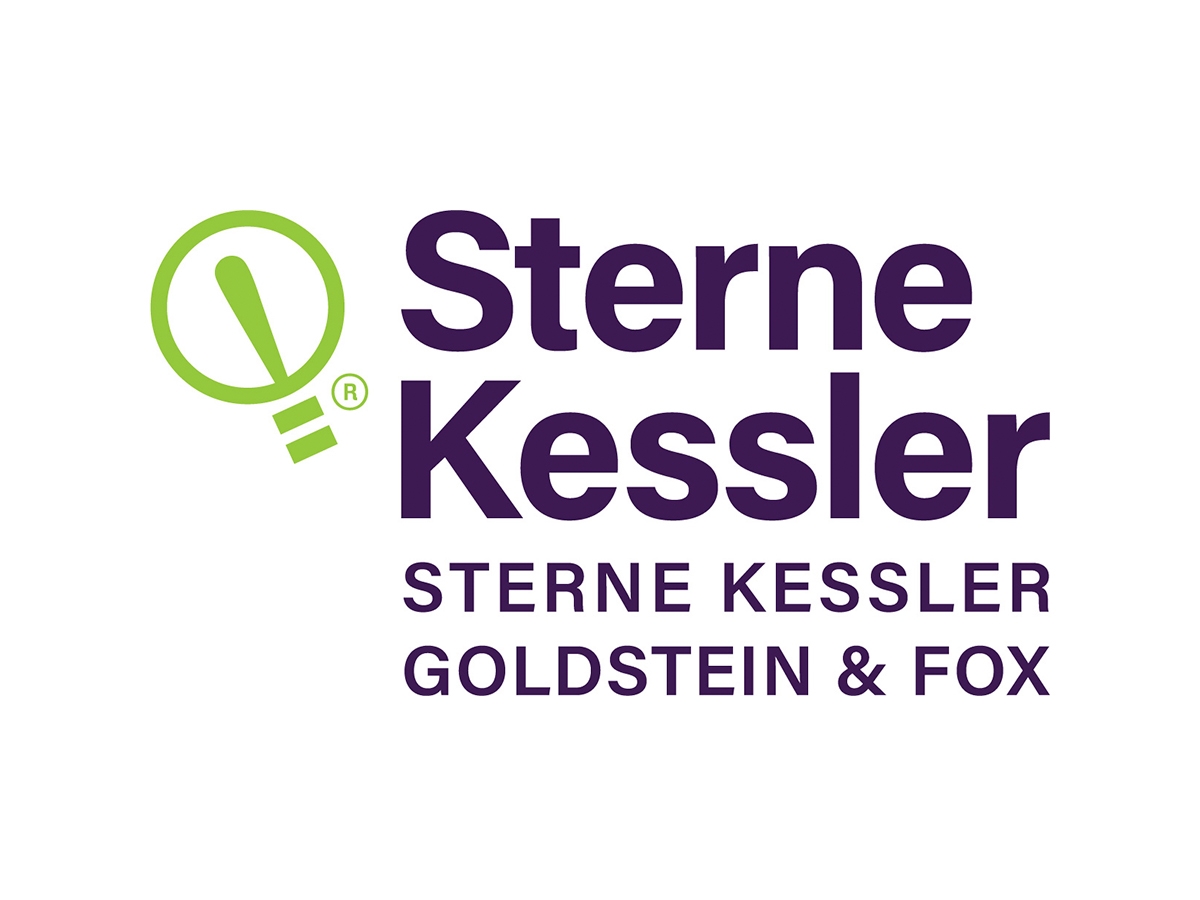MarkIt to Market® – March 2024: Piling Up Successes by Avoiding Descriptive Dangers | Sterne, Kessler, Goldstein & Fox P.L.L.C.
Joining a series of precedential decisions about descriptiveness, the Trademark Trial and Appeal Board recently affirmed a refusal to register Sheet Pile, LLC’s (“Applicant”) mark ZPILE on the Principal Register, on the ground that the mark is merely descriptive of the applied-for goods, i.e., “Metal sheet piles, metal sheet pile sections, and metal sheet pile connectors for joining metal sheet piles” in International Class 6, under Section 2(e)(1) of the Trademark Act. In marketing parlance, this decision highlights the importance of selecting marks that evoke rather than describe, that intrigue rather than inform.
In this case, the Examining Attorney initially refused registration of the mark ZPILE on the ground that it merely describes the Applicant’s mark, attaching a dictionary definition of the word “pile” and evidence from third-party websites that “Z” refers to a type of sheet pile in a “Z” shape the wording “Z” and “PILE, indicating that “Z” and “PILE” are commonly used to describe metal sheet piles and, in particular, the shape of the Applicant’s products. The Examining Attorney included an advisory that the Applicant could seek registration on the Supplemental Register. However, the Examining Attorney later withdrew the advisory for registering the mark on the Supplemental Register, and issued a new non-final Office Action, refusing registration on the additional ground that the mark fails to function as a trademark because it does not indicate the source of Applicant’s goods or identify and distinguish them from others under Trademark Act Sections 1, 2, 3, and 45.
These refusals were eventually made final, adding to the record the Examining Attorney’s argument that “[a] ‘Z PILE’ has this designation because the single piles [of metal] are shaped roughly like a horizontally stretched Z” (Decision p. 6), and evidence that the phrases “Z-Piles,” “Z-shaped sheet piles,” and “Z sheet piles,” are commonly used in the Applicant’s industry. Moreover, the Examining Attorney argued that combining the letter “Z” to the generic term “PILE” results in a term that target consumers such as construction project designers and construction companies will understand to immediately describe a feature of the characteristic of the goods.
The Board affirmed the refusal to register the mark ZPILE on the Principal Register on the ground that it is merely descriptive and, accordingly, determined they did not need to make a determination as to a refusal based on a failure to function.
This decision reinforces the necessity of crafting marks that are arbitrary, unique, and/or evocative, rather than straightforward or explanatory. When considering if a potential mark might be descriptive and thus refused registration on the Principal Register or, worse, also on the Supplemental Register based on a failure to function or generic grounds, brand owners should look within their own industry and the target-consumer “pile” for meanings and perceptions of the proposed mark. Brand owners should look at this decision as a reminder to stretch beyond the descriptive when building a brand identity.





